Neuron
-

Loss of ‘Jedi’ alters neuron activity
This is not the Jedi you're thinking of. This Jedi is a receptor that helps clear away dead neurons during development, and its loss changes the activity of dorsal root ganglia neurons, which could have implications for treating chronic pain. Read MoreMar 10, 2020
-

Study explores potential new class of antidepressants
Researchers at VUMC have taken a major step that could ultimately facilitate development of a new class of antidepressants which may relieve symptoms more rapidly and effectively and with fewer side effects than current medications. Read MoreNov 21, 2019
-
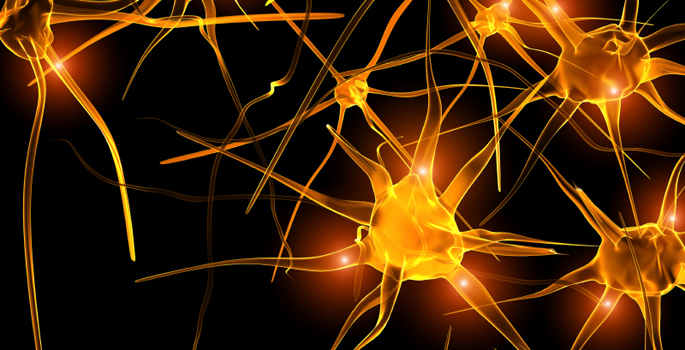
How nerves may lose their insulation
Vanderbilt’s Bruce Carter and colleagues have discovered how genetic changes in the protein PMP22 may contribute to a disease of peripheral nerves. Read MoreAug 22, 2019
-

Investigators eye new target for treating movement disorders
Blocking a nerve-cell receptor in part of the brain that coordinates movement could improve the treatment of Parkinson’s disease, dyskinesia and other movement disorders, researchers at Vanderbilt University have reported. Read MoreJan 18, 2018
-

Researchers eye potential schizophrenia ‘switch’
Researchers at Vanderbilt University Medical Center have discovered a key mechanism that explains how compounds they’re developing can suppress schizophrenia-like symptoms without side effects in mice. Read MoreSep 15, 2016
-
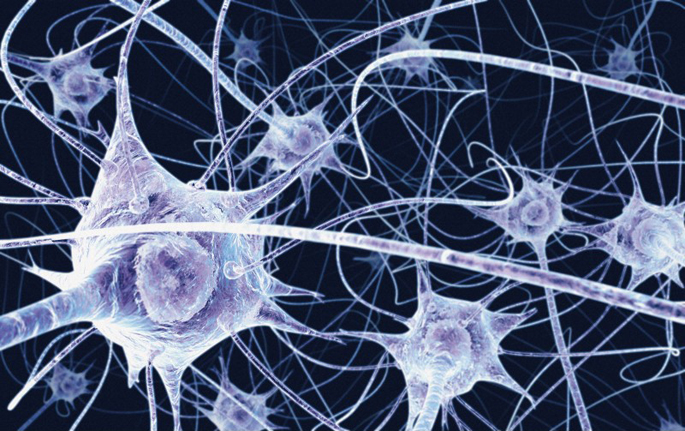
Findings reveal new target in quest to ease schizophrenia
Vanderbilt University researchers have uncovered a surprising finding that could lead to the development of new, more effective therapies for schizophrenia, which affects more than 2 million Americans. Read MoreMay 7, 2015
-
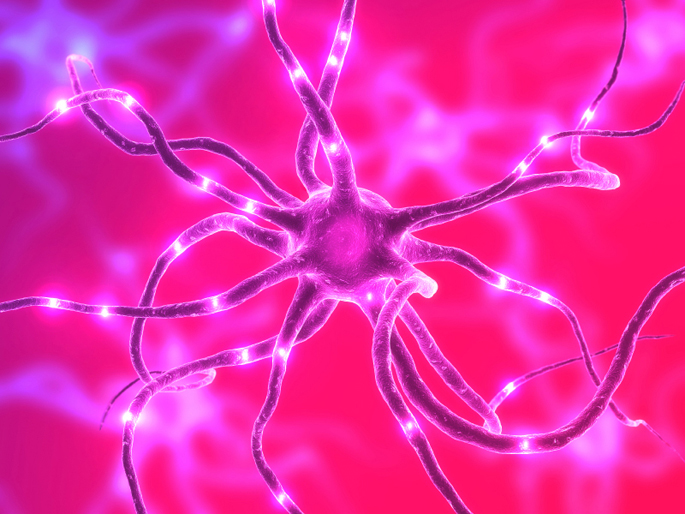
New player in neuronal communication
Vanderbilt researchers have discovered a novel mechanism for the development of dendritic spines – sites of nerve cell communication. Read MoreMay 1, 2015
-

New insight into how brain makes memories
Vanderbilt researchers have identified the role that a key protein associated with autism and the co-occurrence of alcohol dependency and depression plays in forming the spines that create new connections in the brain. Read MoreApr 23, 2015
-
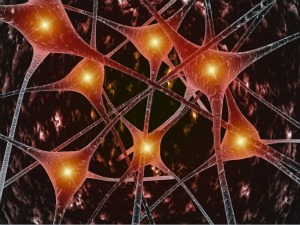
New tools to probe manganese biology
Vanderbilt researchers have developed tools to probe the role of the essential metal manganese in neurons, and which offer a started point for developing therapeutic agents for manganese-related neurological disorders. Read MoreNov 26, 2014
-

VU study points to central regulator of neuron development
Developmental biologist Chin Chiang, Ph.D., and his colleagues have discovered that Purkinje neurons in the cerebellum act as central regulators of neuronal development. Read MoreDec 12, 2013
-

Researchers track neuron branching’s genetic control switch
In an effort to understand how neurons develop different “architectures,” Vanderbilt developmental biologists have discovered a genetic switch that controls one type of neuron branching in the nematode worm. Read MoreAug 15, 2013
-
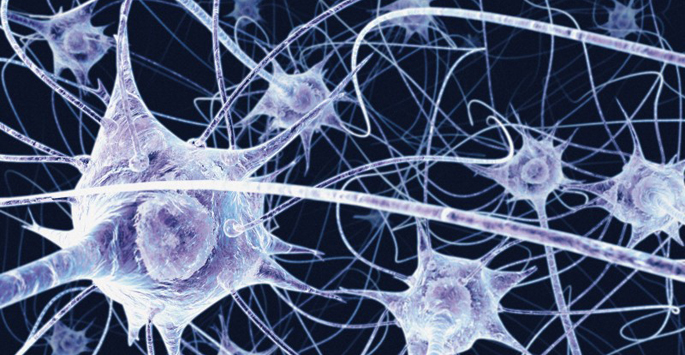
How ‘Jedi’ disposes of dead neurons
The protein Syk is essential for clearing away neuron “corpses” in the developing peripheral nervous system. Read MoreSep 19, 2012
-
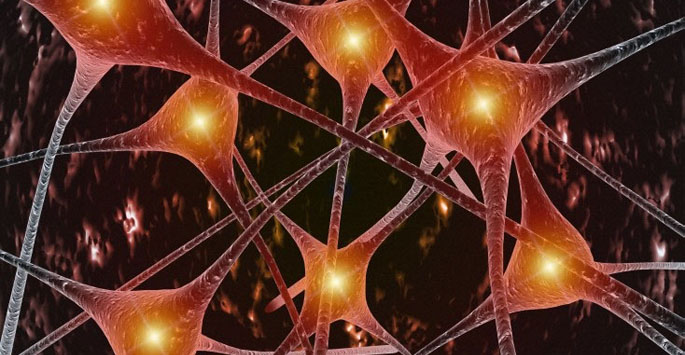
Neuronal subtypes in genetic disorder
Inhibitory neurons that connect and regulate signaling in the brain (interneurons) may contribute to epilepsy and autism in patients with tuberous sclerosis complex. Read MoreSep 6, 2012
-
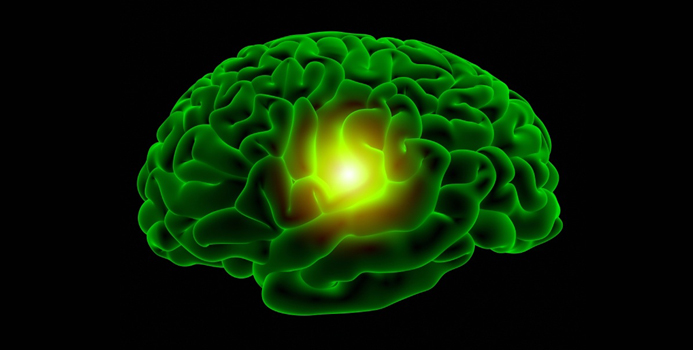
Roots of childhood brain tumors
Cells in the back of the developing brain can give rise to brain tumors, suggesting they may be a target for treatment. Read MoreJun 14, 2012